Credit cards increase your spending power and allow you to make purchases even if you don’t physically have the cash. In fact, using your credit card instead of cash can be beneficial and help build your credit. However, anyone who has a credit card risks carrying credit card debt. It can be very hard to repay credit card debts if it builds too much. Here are some tips on how to avoid credit card debt.

TeodorLazarev/shutterstock.com
Tip 1: Only Buy What You Can Afford
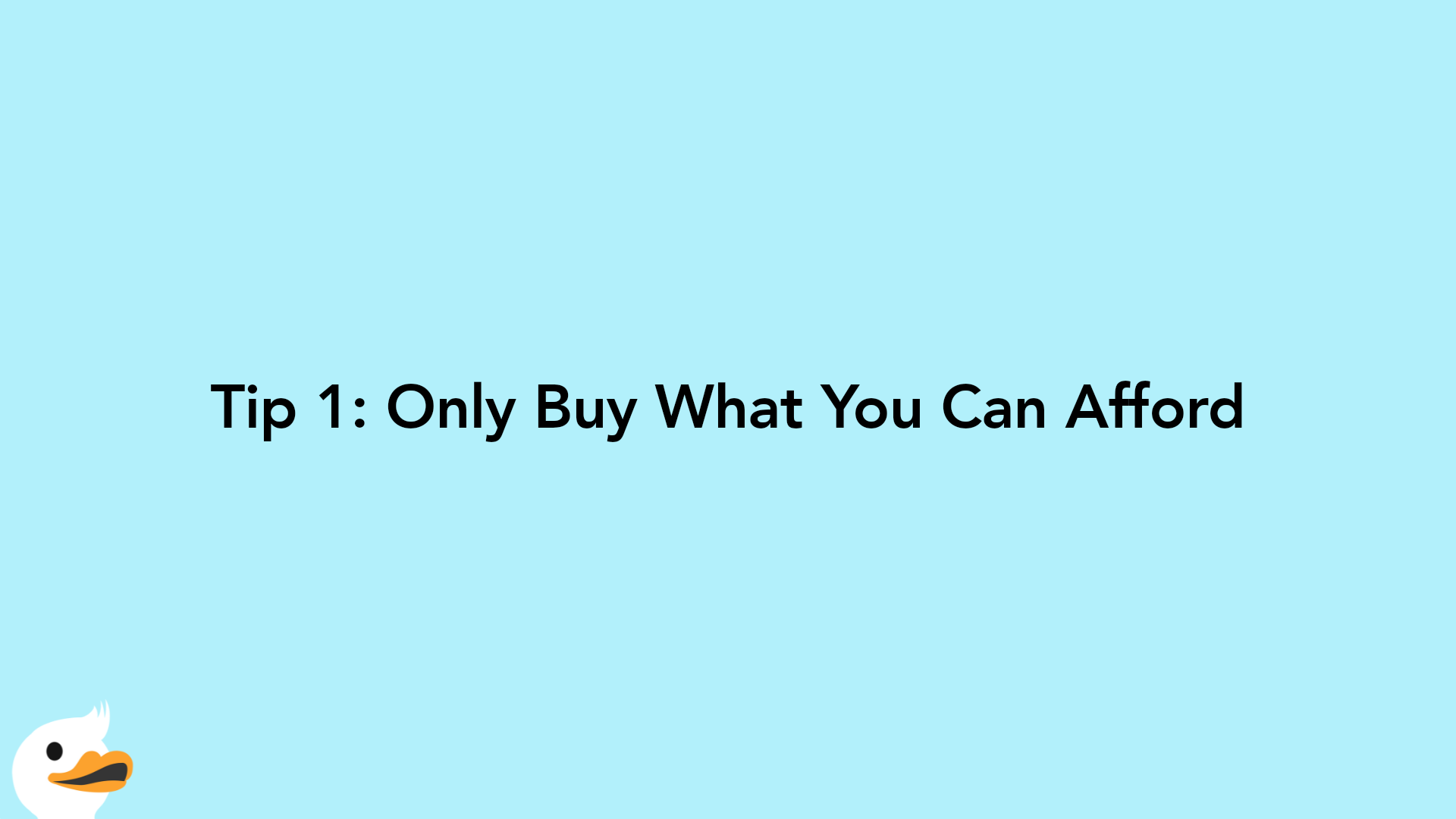
This is also known as spending within your means. Some people may advise you to always pay with cash whenever possible. However, if you stay within your spending limits, you won’t overspend. This requires self-control to stay within budget and avoid impulse purchases. Don’t charge what you can’t afford to pay cash with at the time. Many people charge an item first before their payday. This is ill-advised because you are spending money you don’t have and makes it difficult to repay the debt in the event you lose your job.
Tip 2: Pay Your Statement Balance
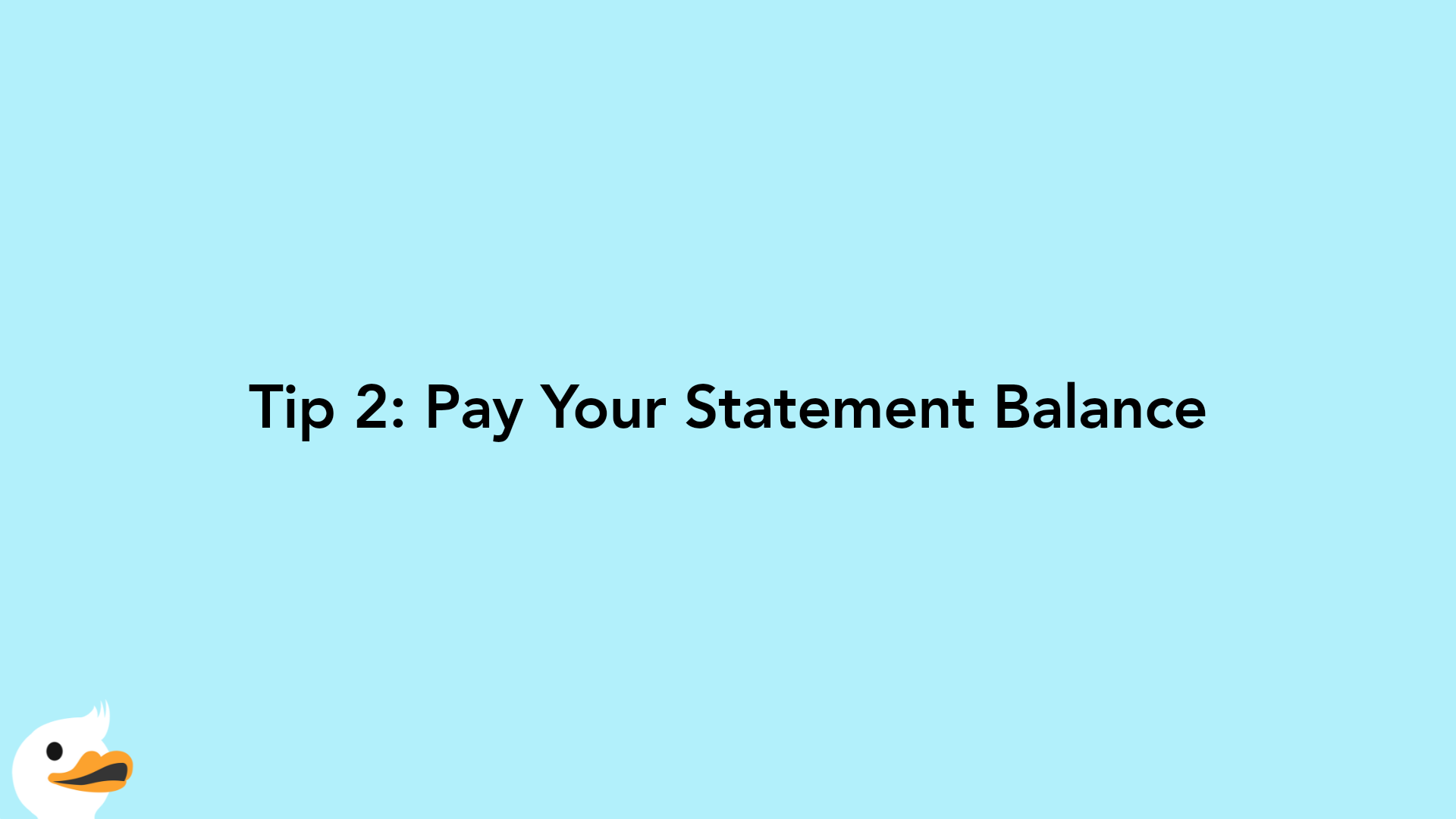
Some people tend to only look at their monthly minimum payments and not their entire statement balance. If you only pay the minimum, it will take a very long time to reduce the entire debt, as most of the payment comprises interest. Your statement balance includes all your purchases up to the statement closing date. If possible, pay your current balance, which includes any purchases you have made between the statement closing date and the statement due date. This is a more comprehensive look at EVERYTHING you owe and will owe in the next statement.
Tip 3: Have an Emergency Fund
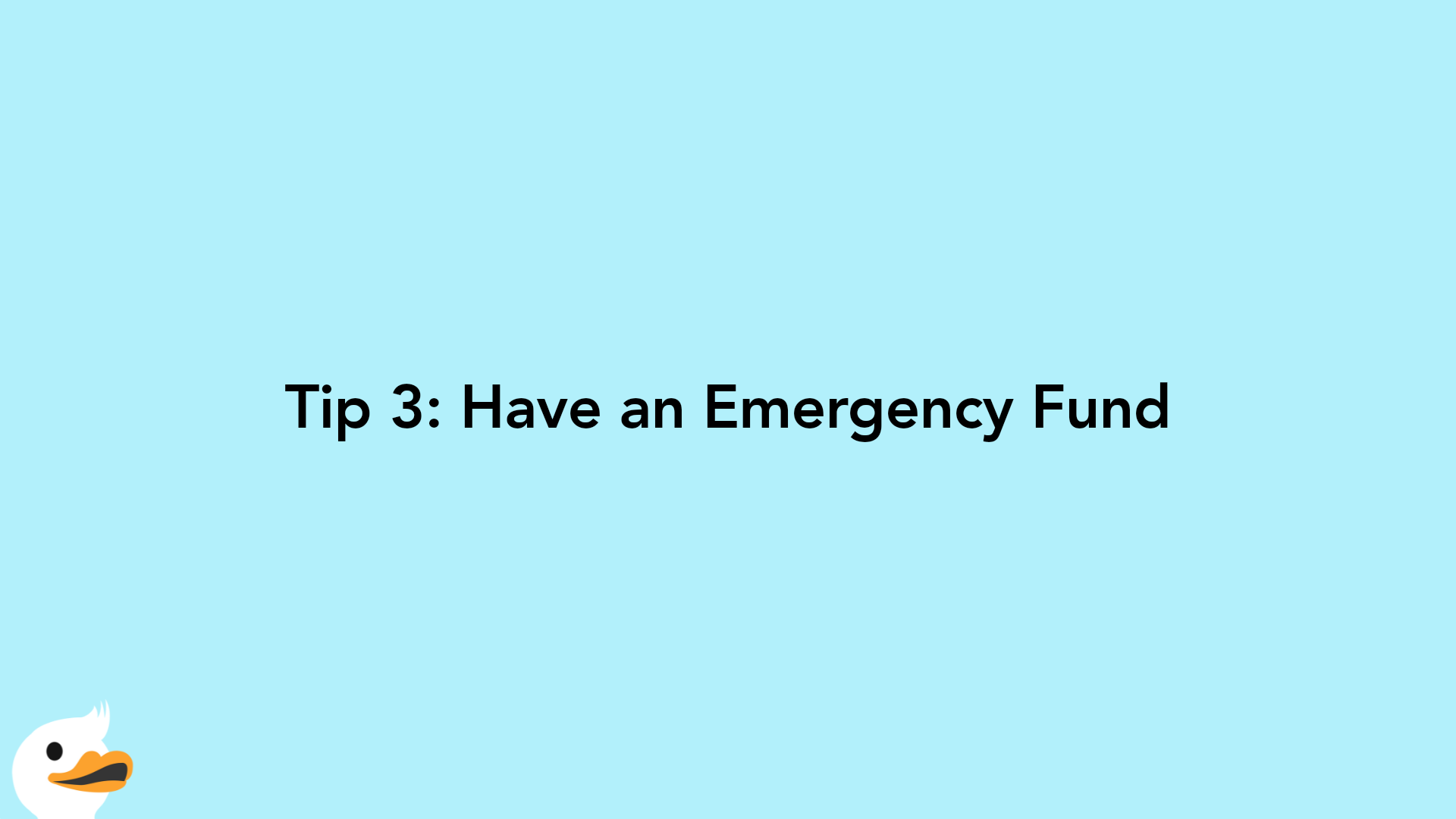
Many people have credit card debt after a major car repair or medical expense. These are necessary bills that must be paid, but the person did not have the money at the time. This is understandable and sometimes unavoidable. Having an emergency fund, or access to savings, helps avoid credit card debt by providing you with the cash you need when such an emergency arises.
Tip 4: Avoid Unnecessary Balance Transfers
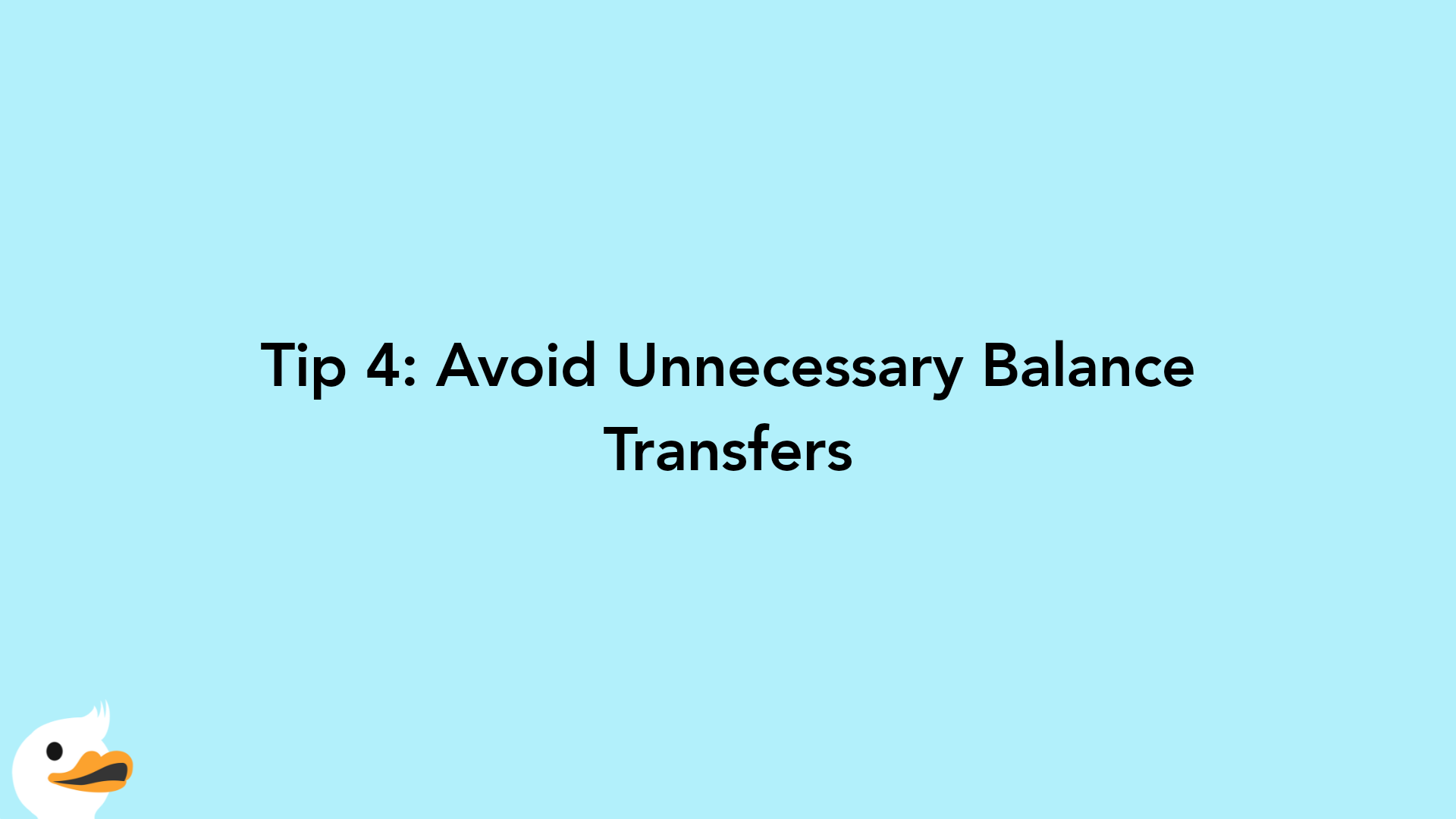
A balance transfer is when a cardholder moves existing debt from one credit provider to another. People do this to reduce interest payments or help consolidate multiple debts into one manageable monthly total. This is only beneficial if the credit card you are transferring to has a lower interest rate that will save you money; these savings should outweigh the balance transfer fee. Furthermore, double check that the low rate also applies to balance transfers.
Tip 5: Always Pay Your Credit Card Bill on Time
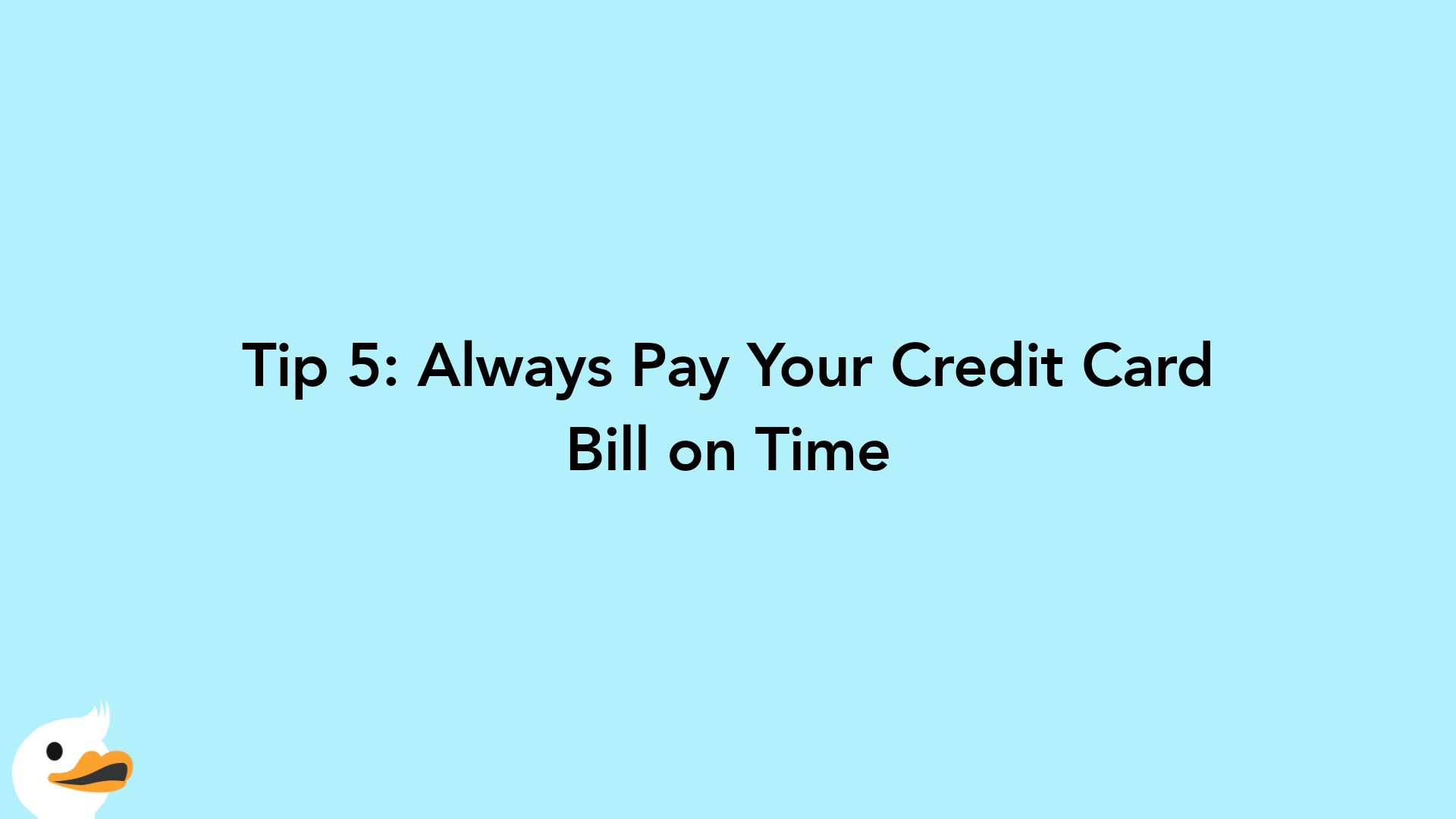
If you are late or miss a payment, your next payment due will be much higher. You will have to make two payments, plus the late fee, and any interest incurred. Additionally, the credit card company can raise the interest rate to the default rate, which you agreed to in the terms of the credit card agreement. Remember, credit card companies profit when you fail to pay on time. Paying your credit card bill in full and on time can help you avoid paying fees, high-interest rates, and rolling into debt.
Tip 6: Avoid Cash Advances
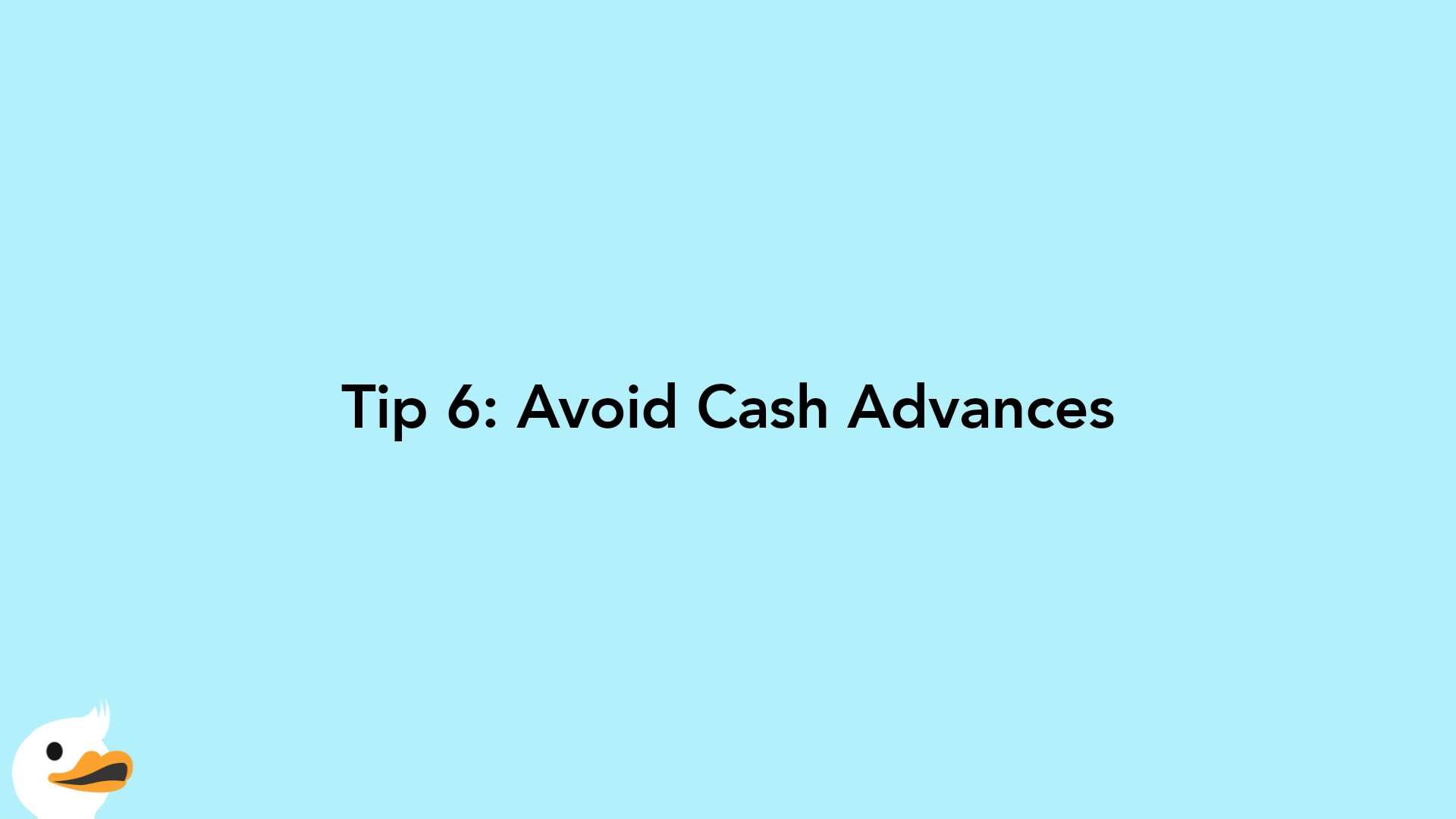
Though a feature of credit cards, cash advances are a terrible idea. They are known to have interest rates that are higher than the normal rates that apply to your card, charge you a transaction fee, and usually accrue interest the day you withdraw. There is no grace period like your credit card has. This means that you may still end up owing interest even if you pay back the amount you borrow the next day. Moreover, if you use an ATM in a foreign country to make a cash advance, you could also face a foreign exchange fee. Again, cash advances are a last resort to get cash. It is especially dangerous because you end up paying a lot of interest before you can pay back the debt.
Tip 7: Avoid Lending Credit Cards to Friends or Family
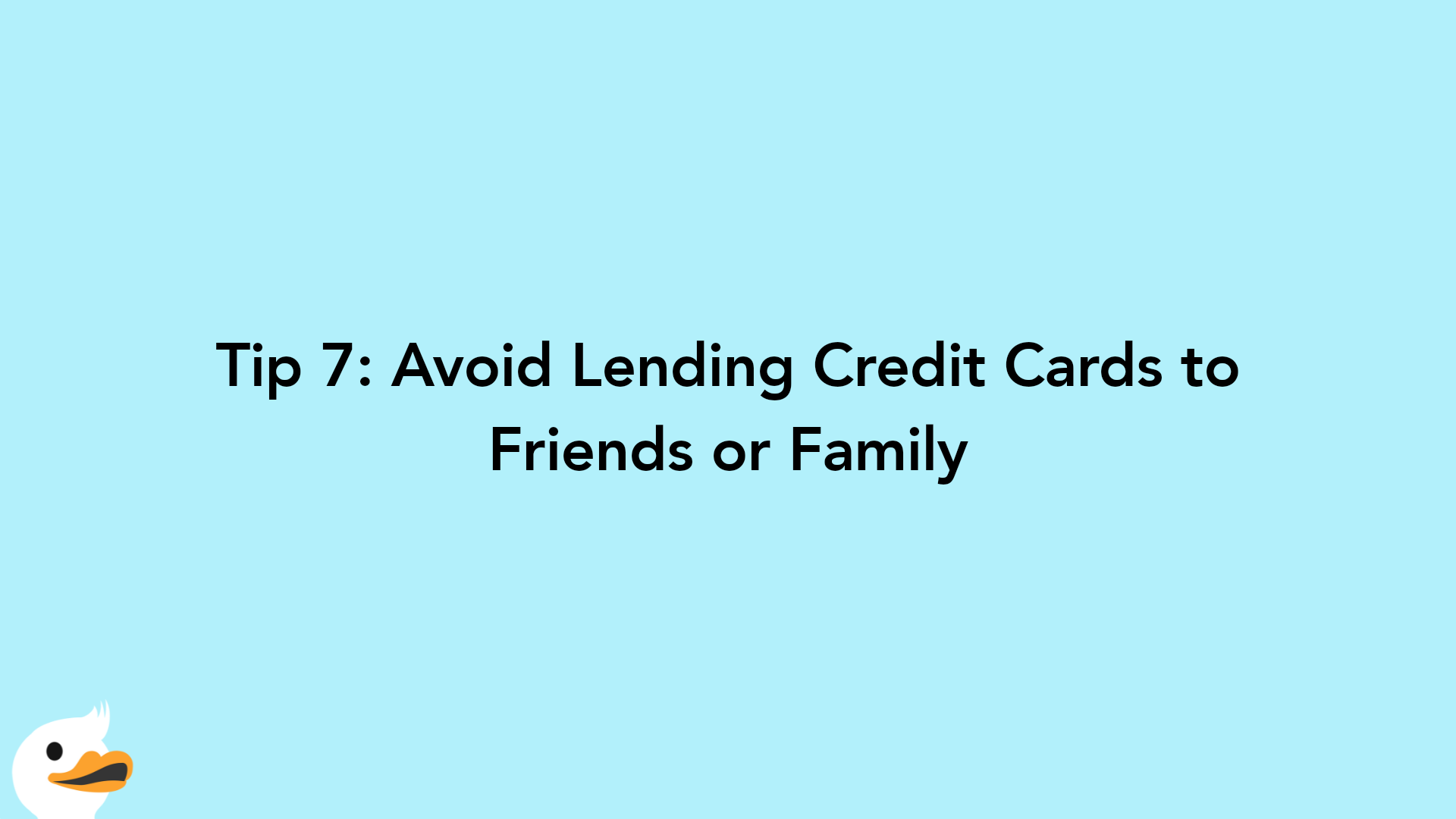
It is often tempting to lend your credit card to someone else. This is extremely risky because a third party now has the spending power of your credit and may incur debt in your name. You are liable to pay everything they charge.
Tip 8: Always Understand Your Credit Card Terms
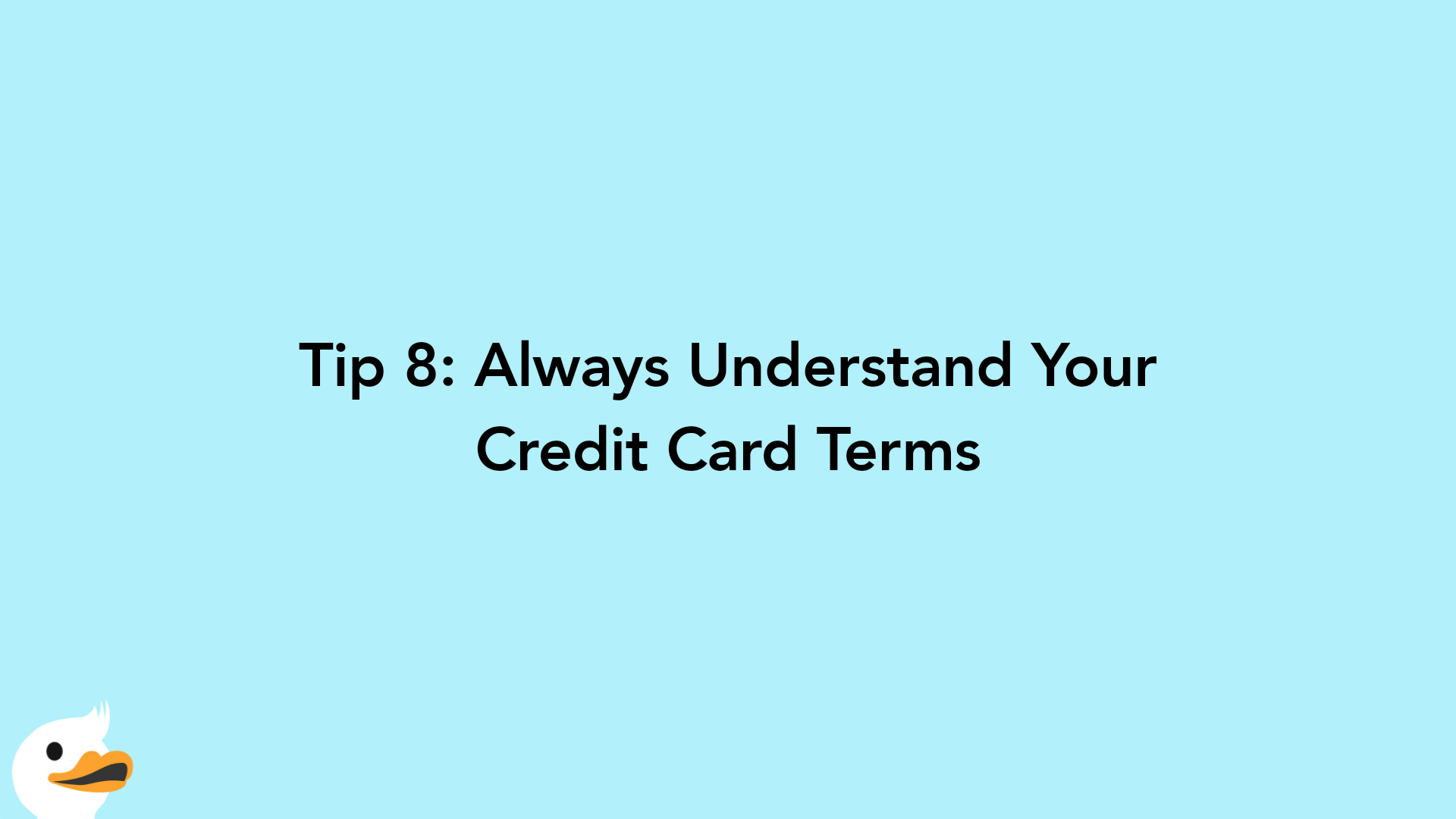
Many of us simply sign our name on the credit card application without really reading the terms and conditions. However, when it comes to debt, it is essential to know how interest will be applied to your account when you be charged a fee, and when does your interest rate go up.
Tip 9: Avoid Store Cards
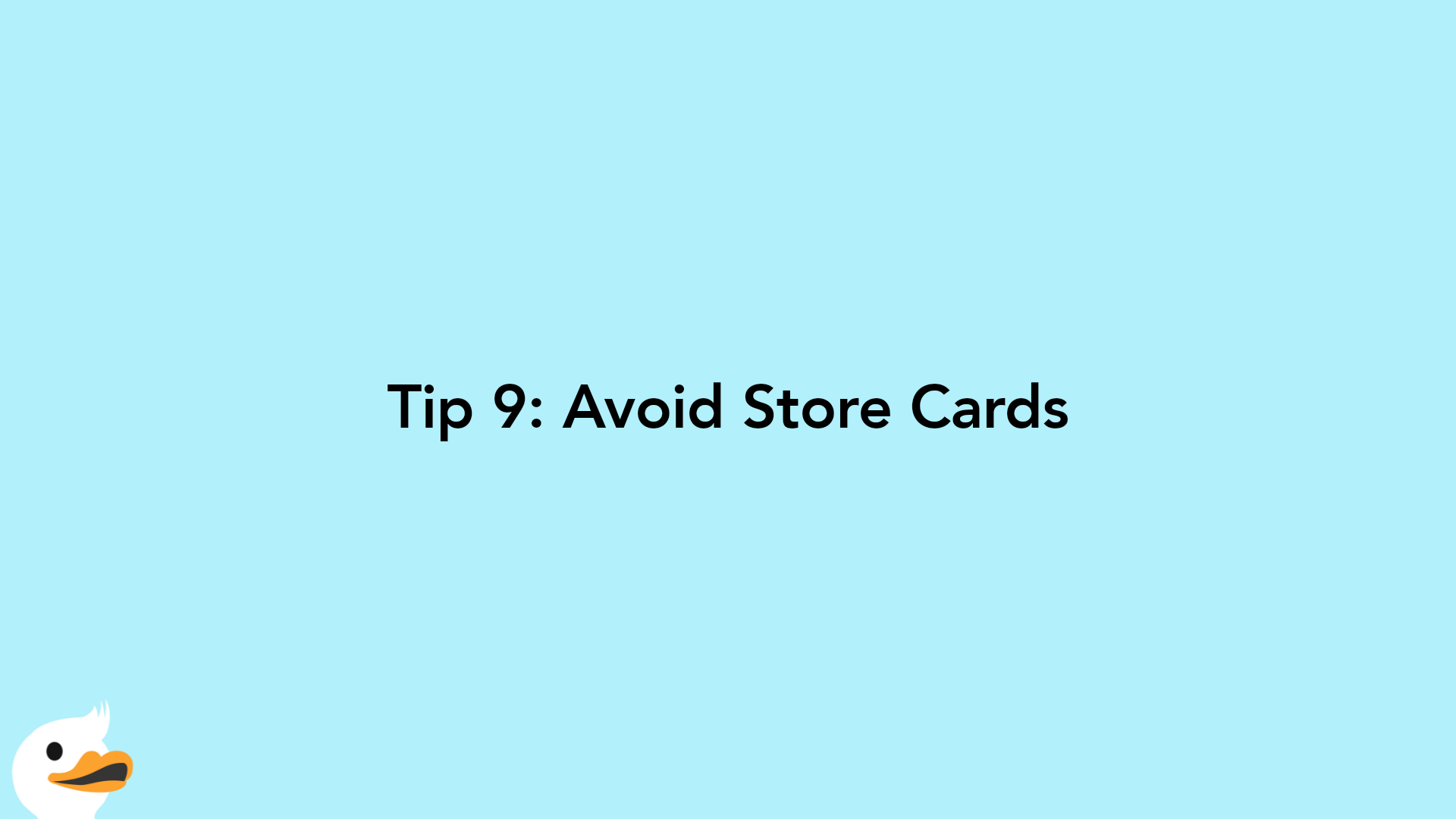
Many retail stores have their own line of credit and will offer you the store card. You will even offer some type of discount on your purchase that day. For example, you may be able to save 10% off your purchase just for taking 2 minutes to apply. However, a store card comes with risk. It generally has, on average, 6 points higher interest rates than a general-purpose card. The higher interest rate allows them to approve more people with lower credit quality. Unless you are certain that you can pay your balance in full, you should avoid store cards.
Tip 10: Learn the Warning Signs of Credit Card Debt
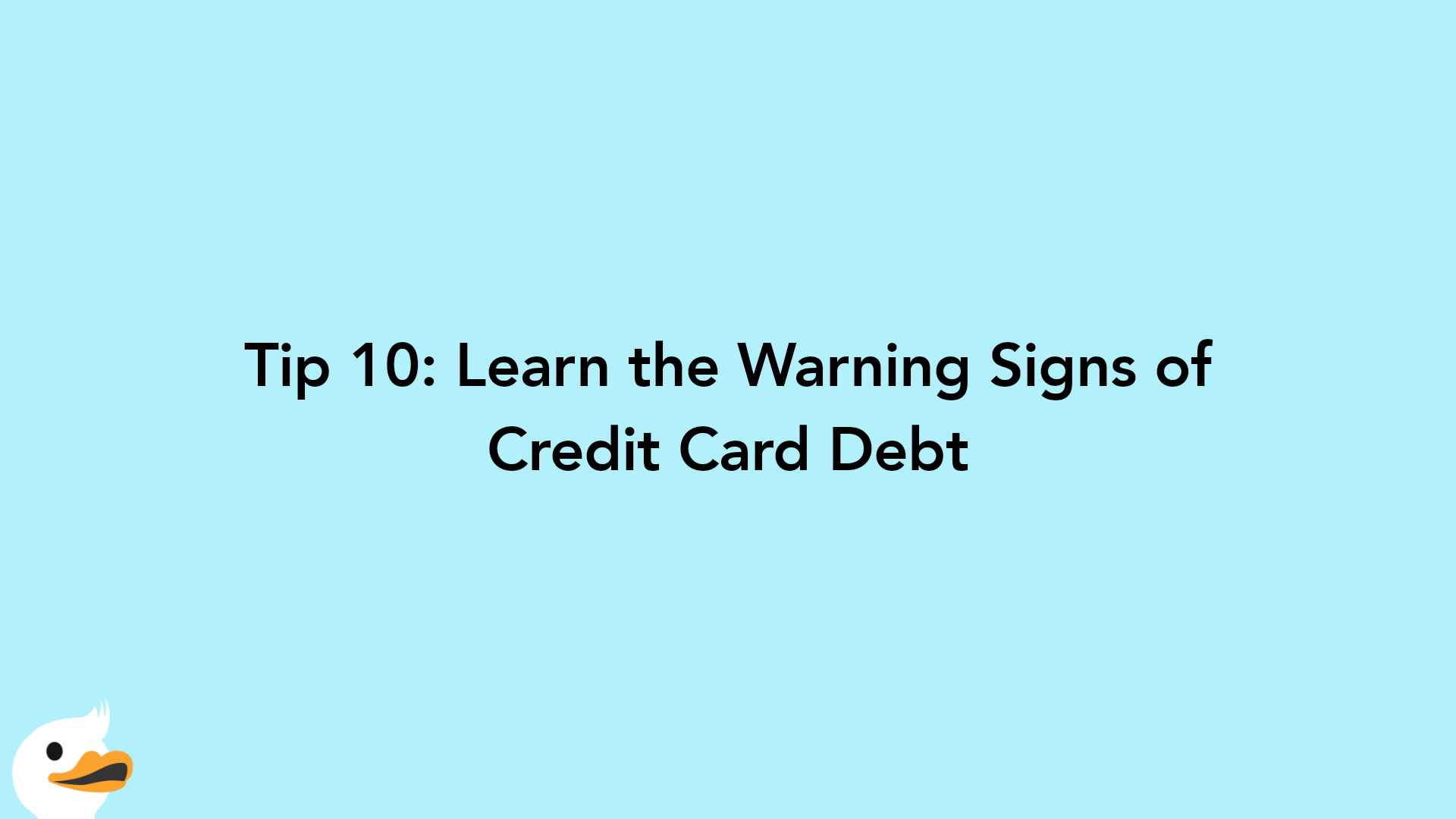
First, if you are using credit cards to meet basic needs, you may be living beyond your means. This goes without saying that if you are using your credit card to “afford” expensive items, but you cannot pay your credit card balance in full, you are definitely living beyond your means. Second, if you are frequently transferring balances instead of paying down your balances, you are simply moving debt around. Third, if you skip a payment on one credit card bill to pay another because you are strapped for cash, you already have debt and are accruing interest. Fourth, if you don’t have a plan to pay off your credit card debt, you have not prioritized your debt in order to pay it off. Fifth, if you have maxed out your credit cards, you are in credit card debt.
Final Thoughts

Credit card debt is a slippery slope and often very difficult to get out of. Those who are stuck in it will destroy their credit score and future prospects of getting a loan. Be wise with your spending and budget. Treat your credit card like cash and never spend money you don’t have!


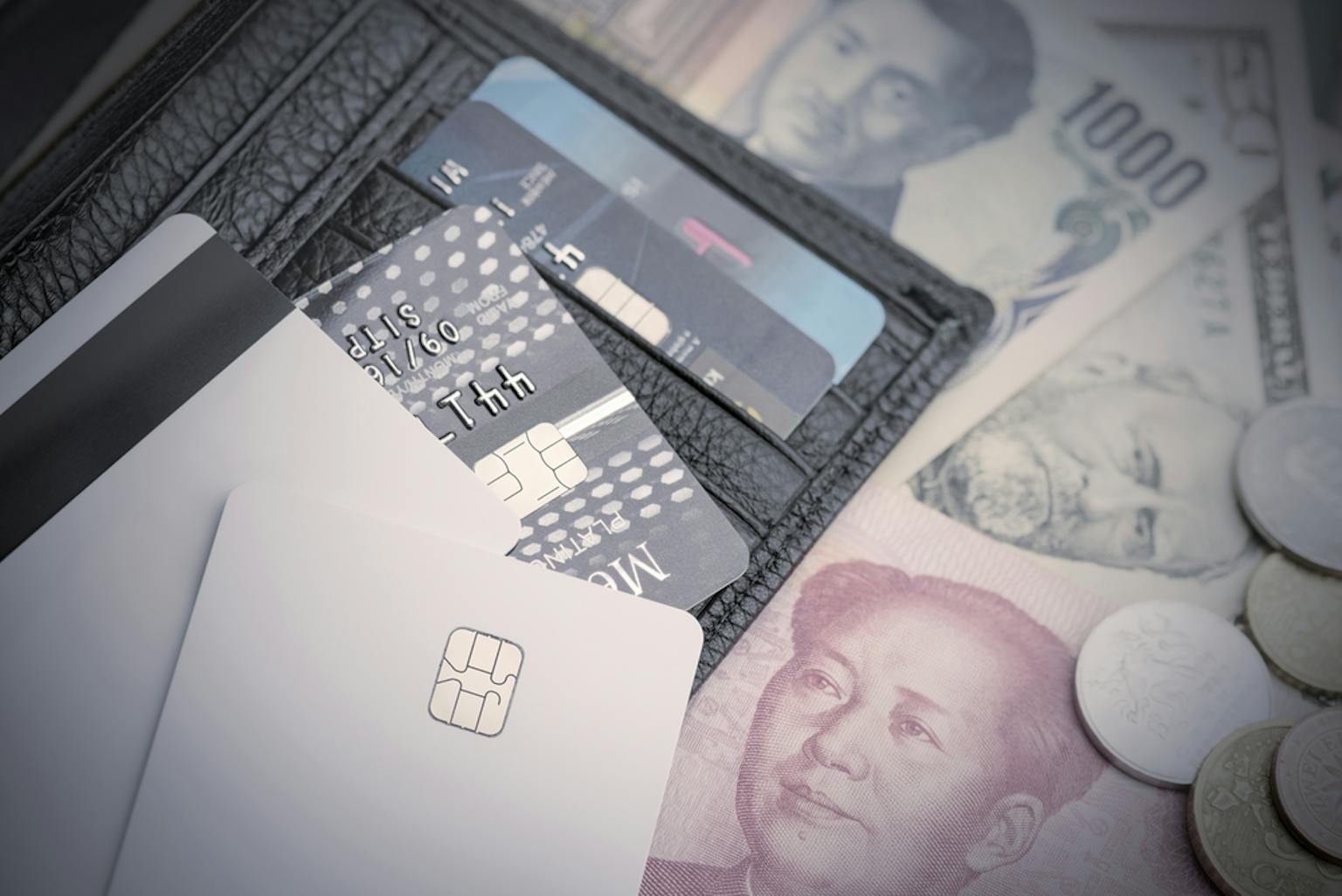
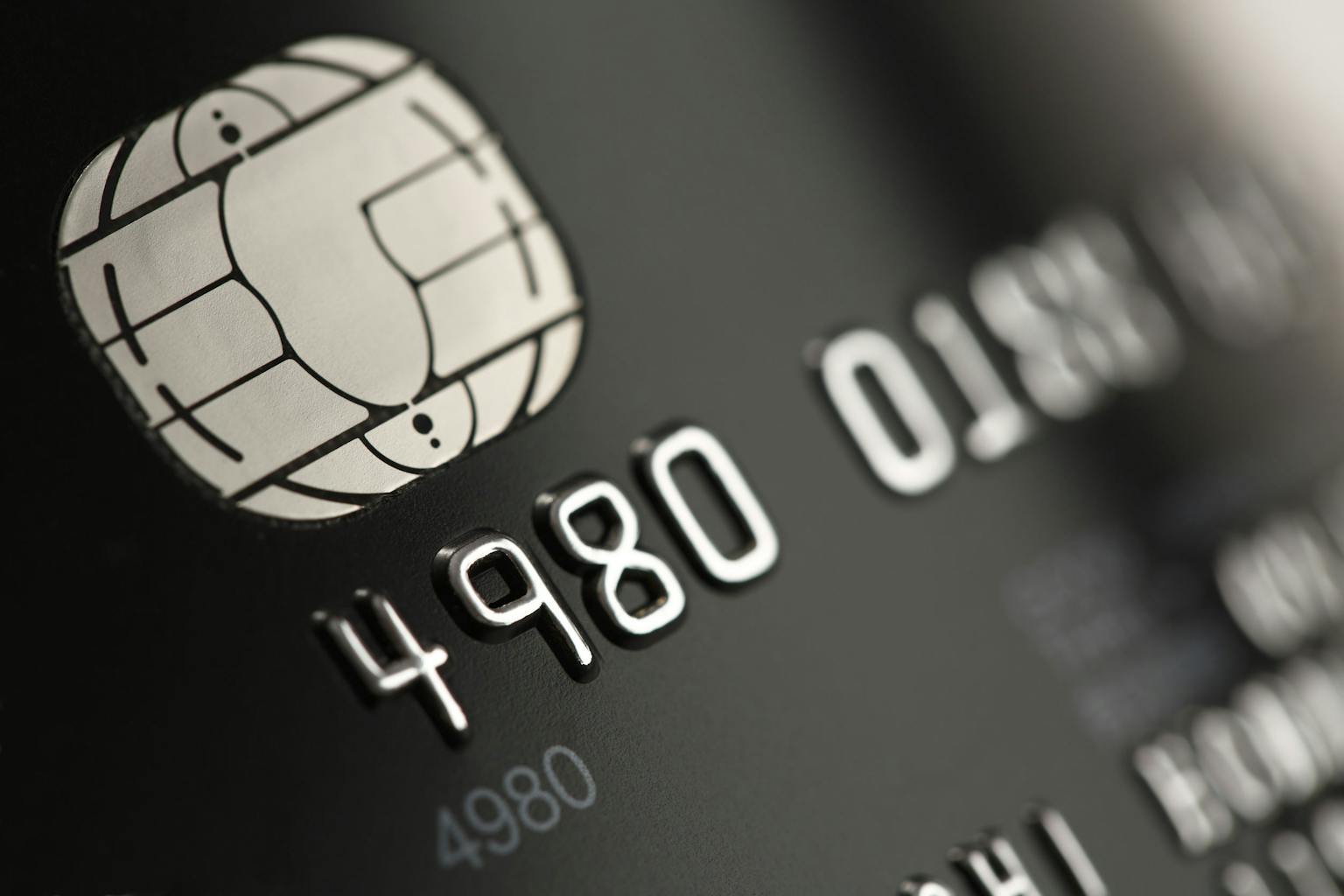



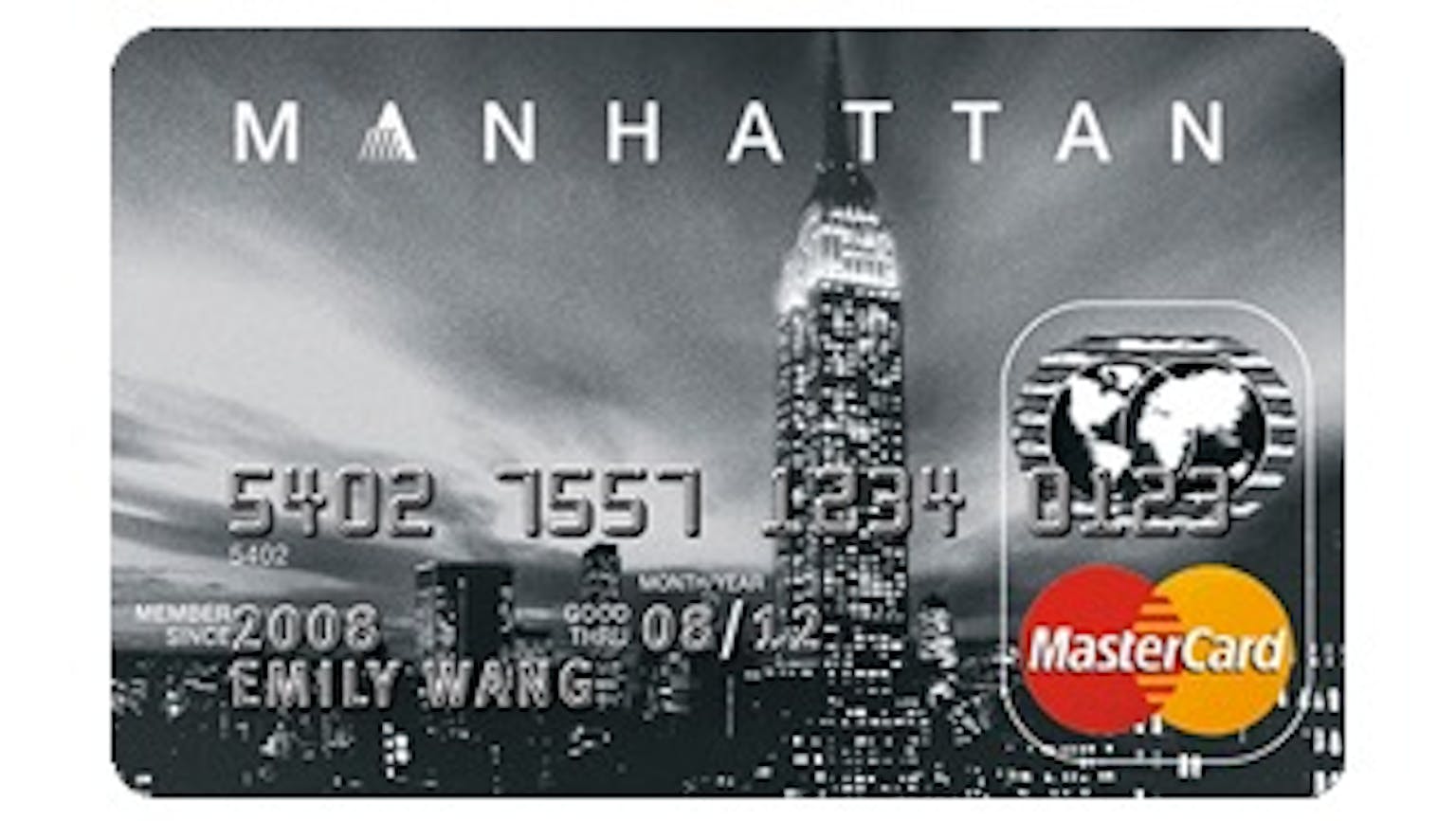
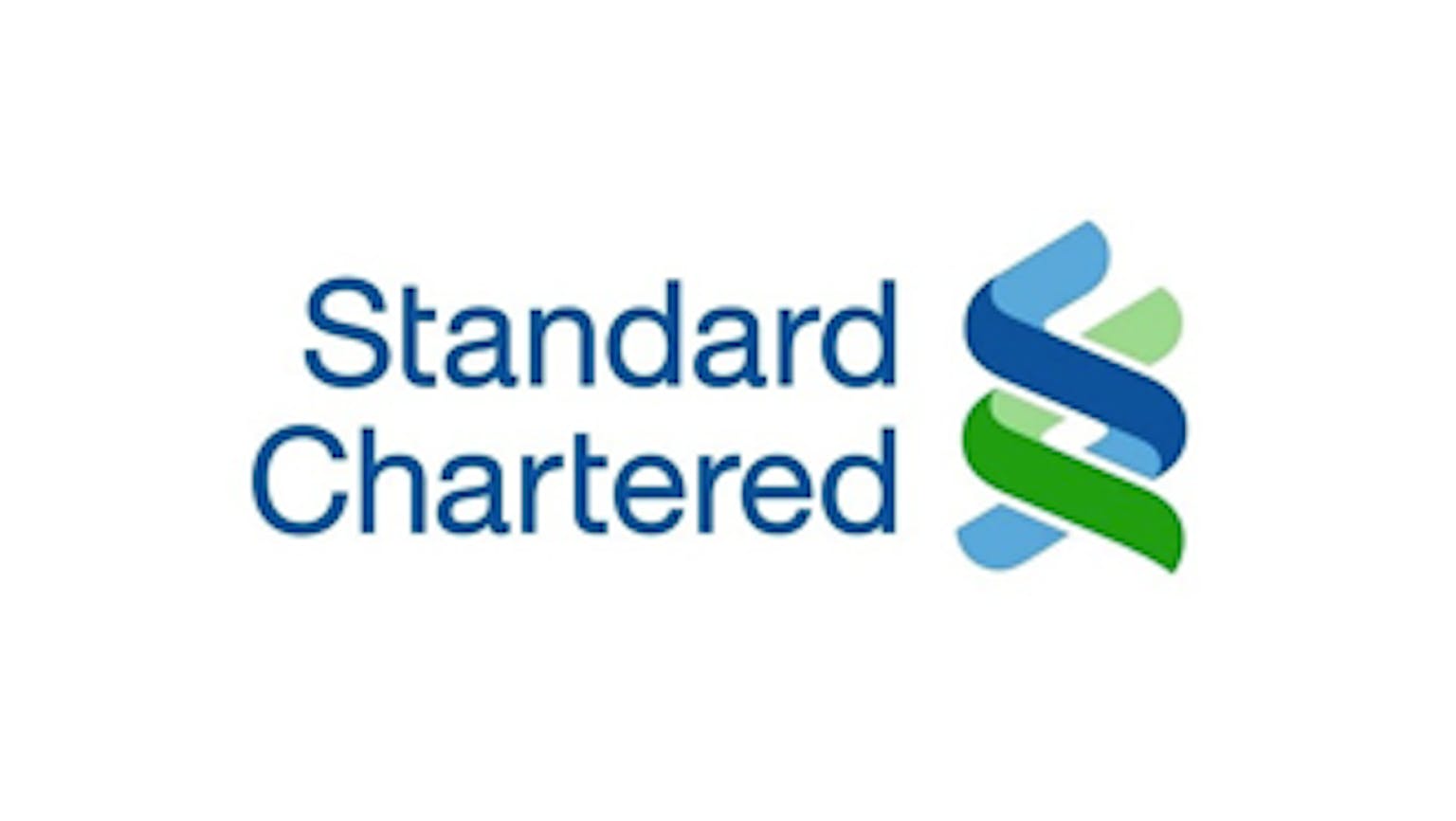
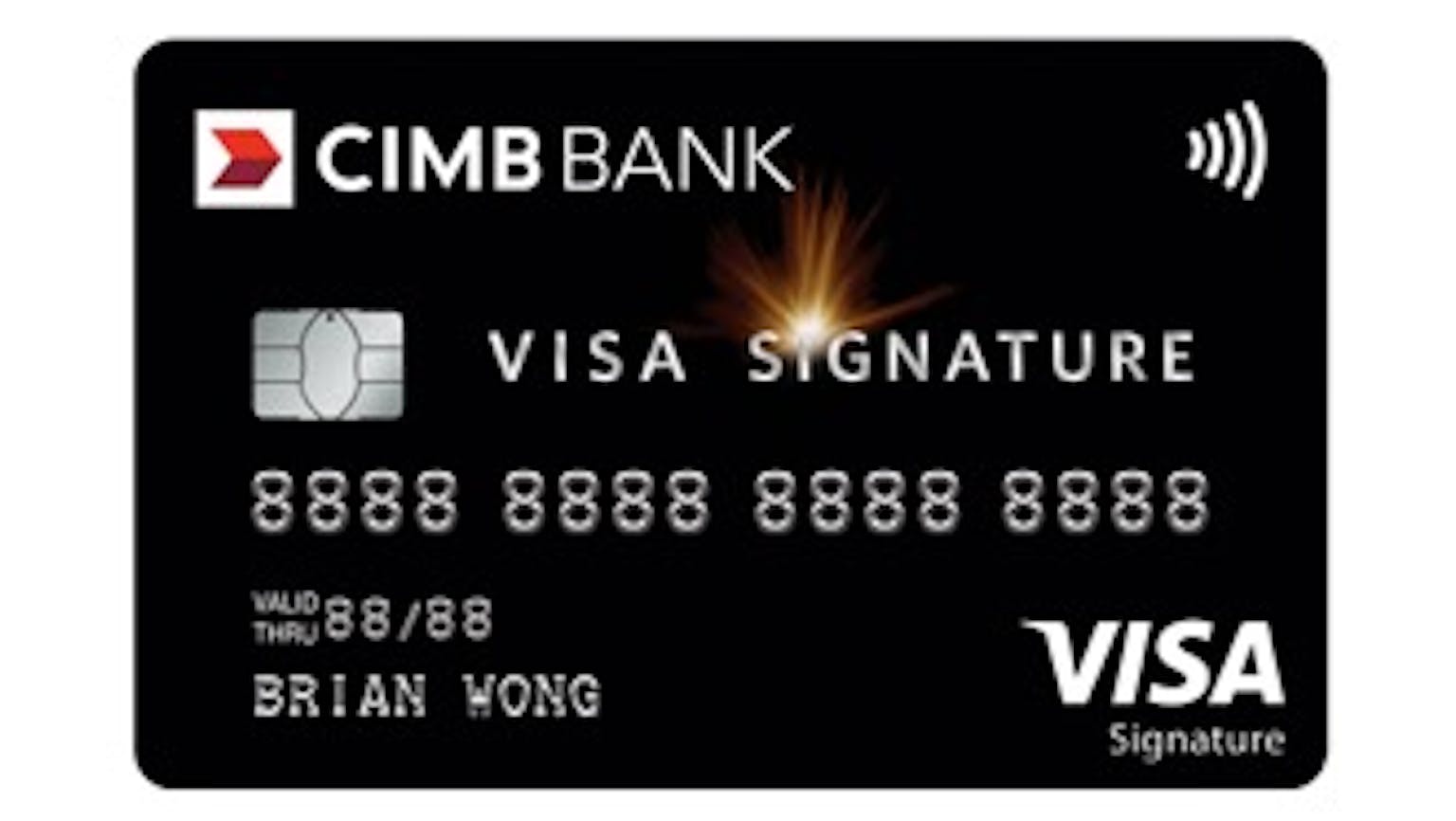
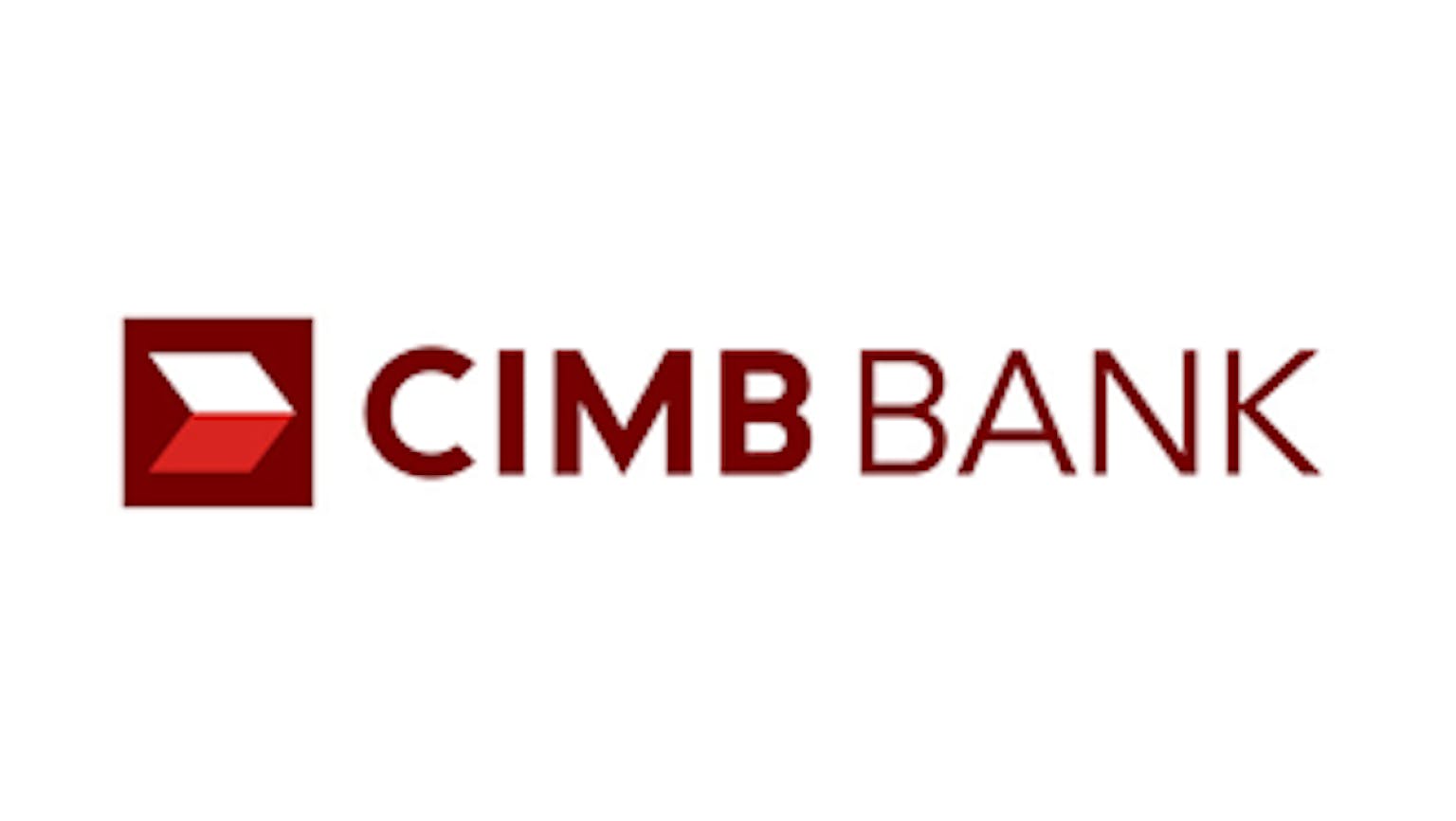
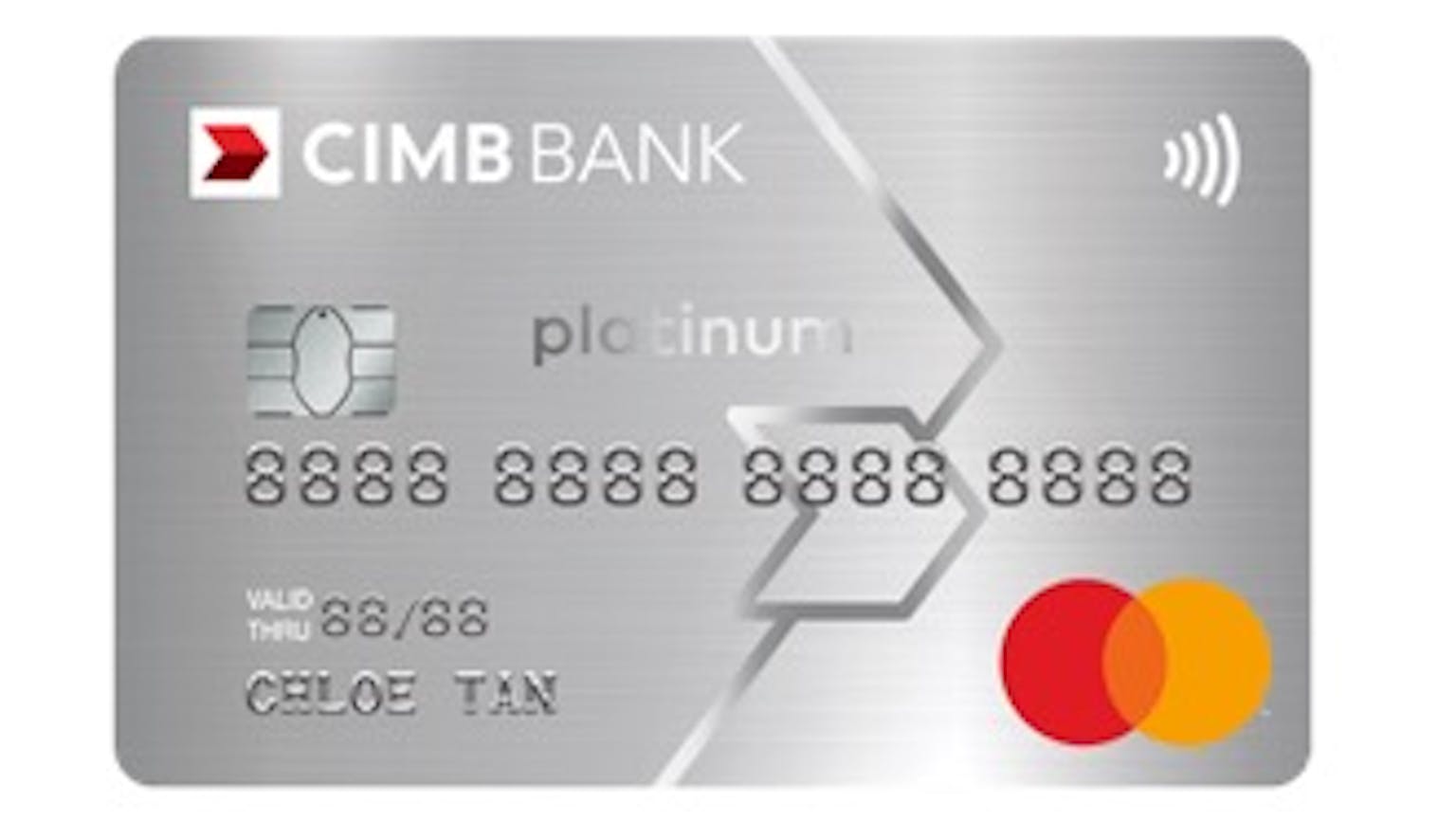
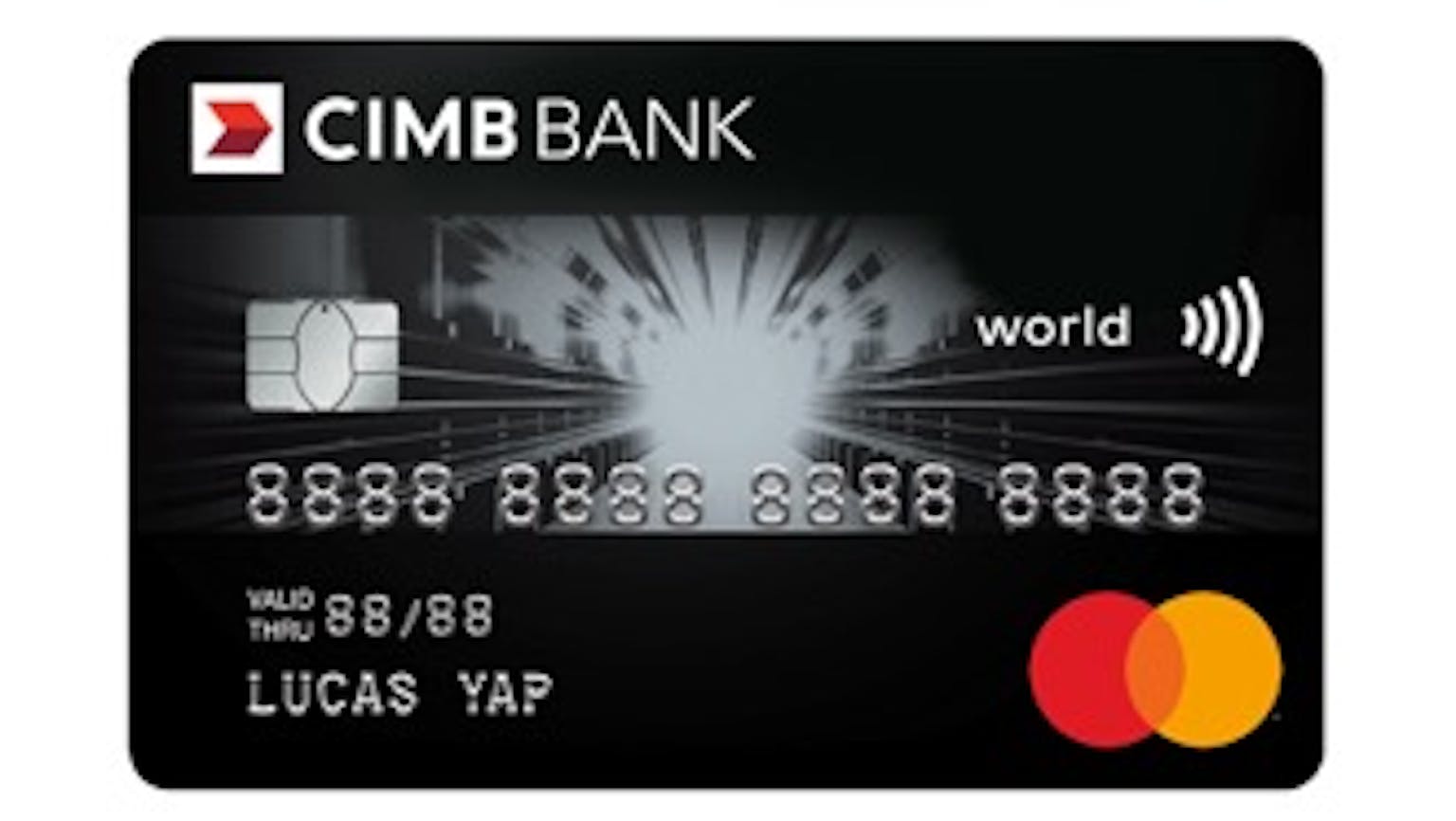
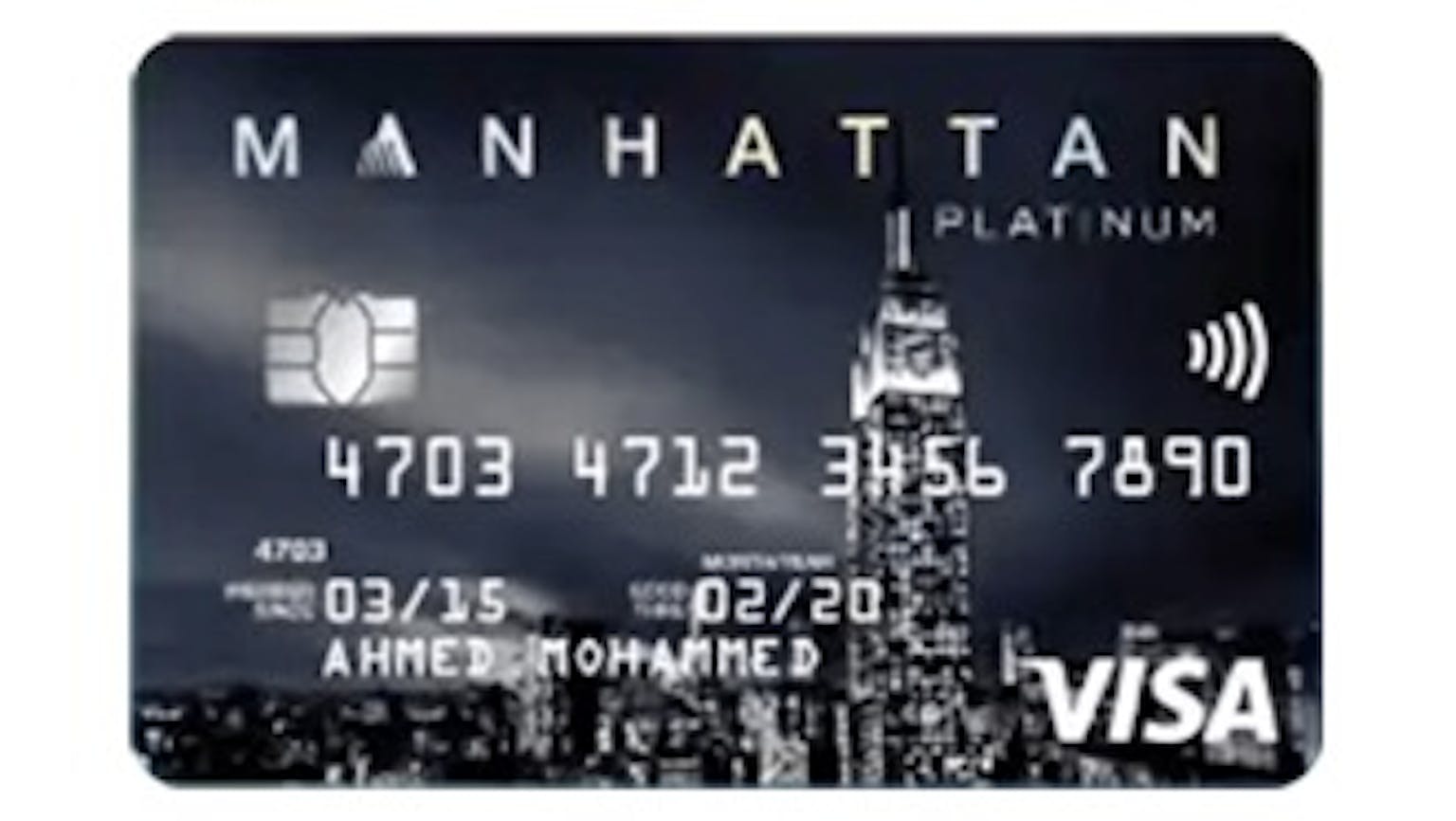
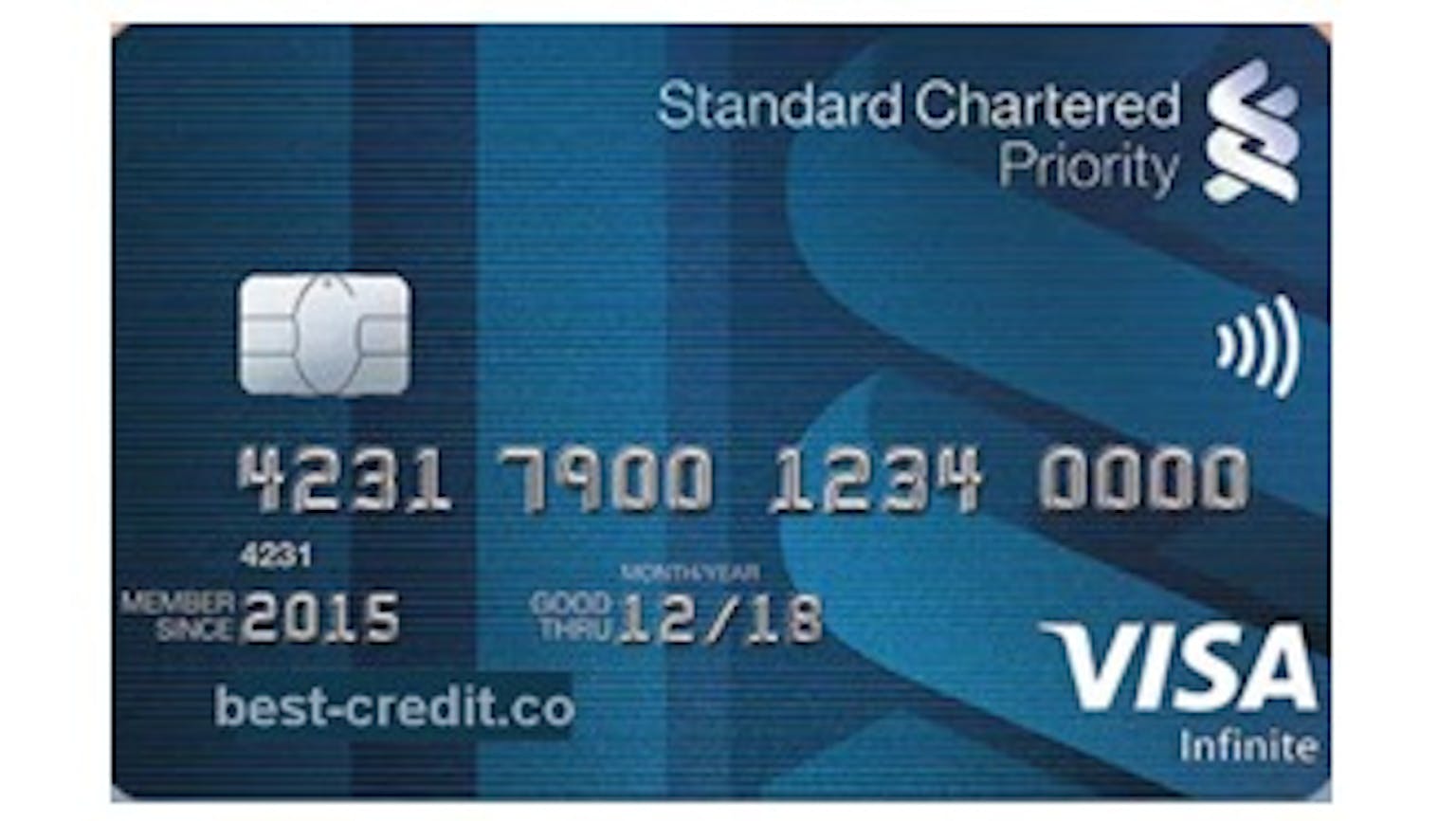

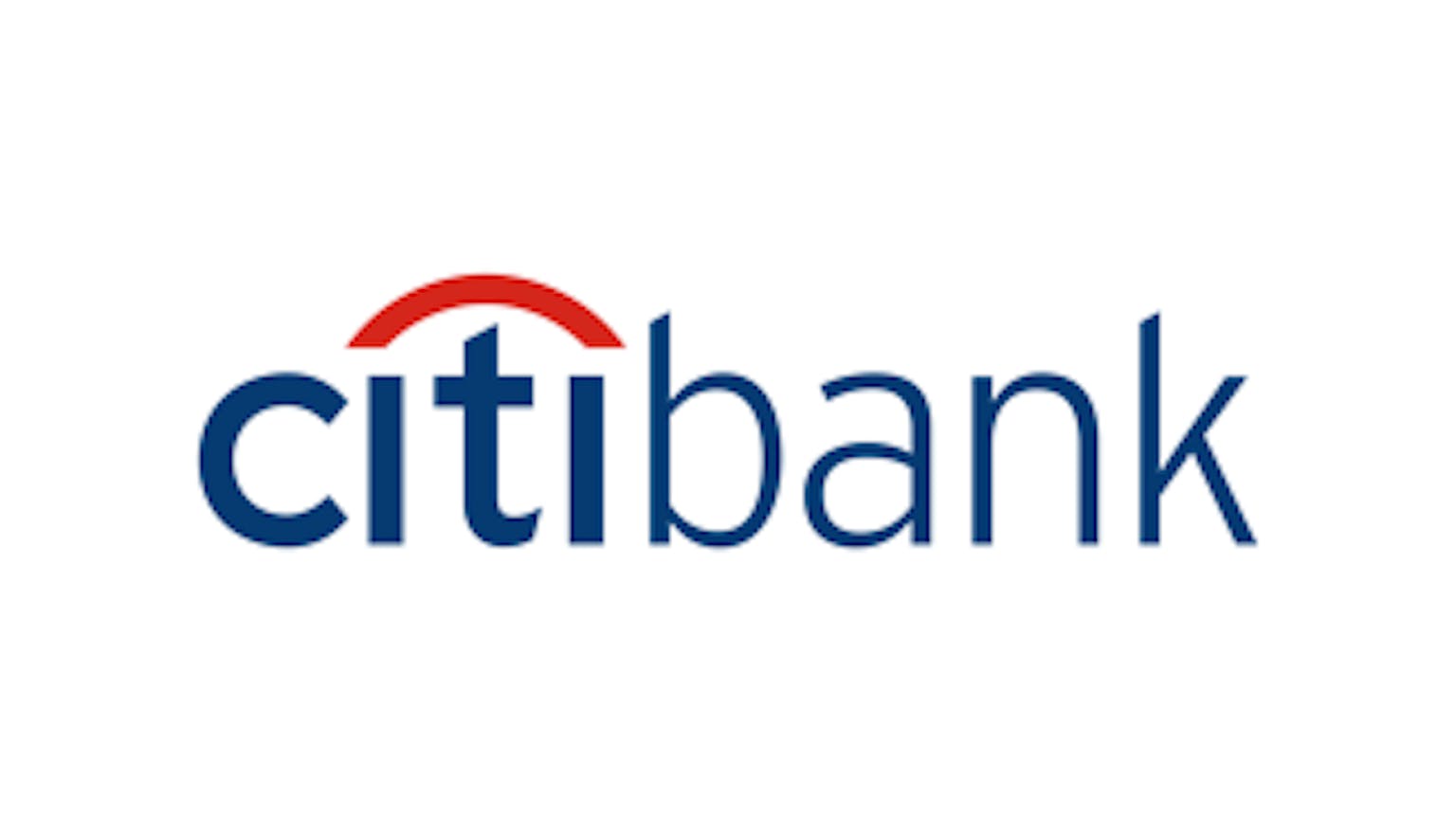
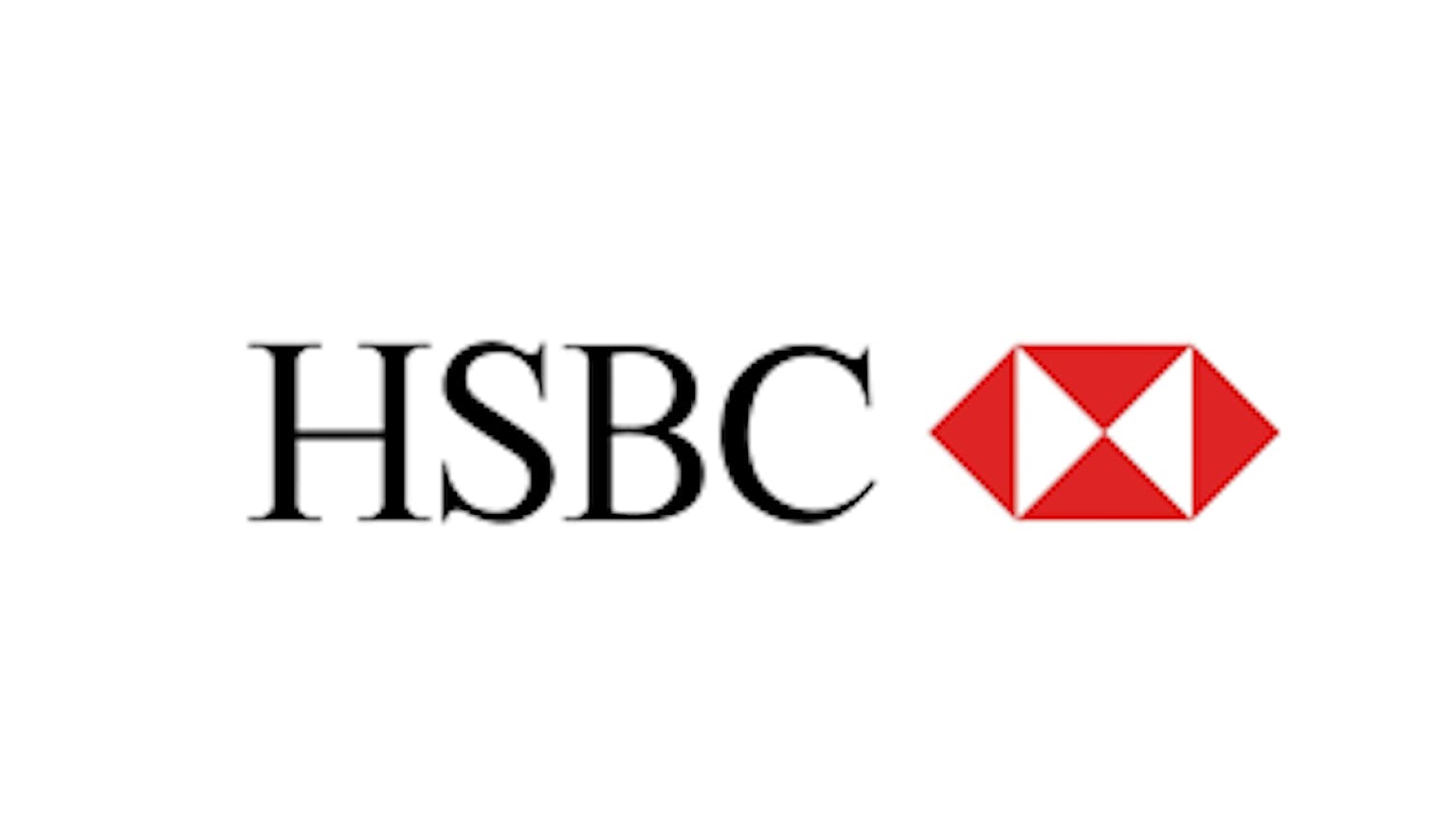
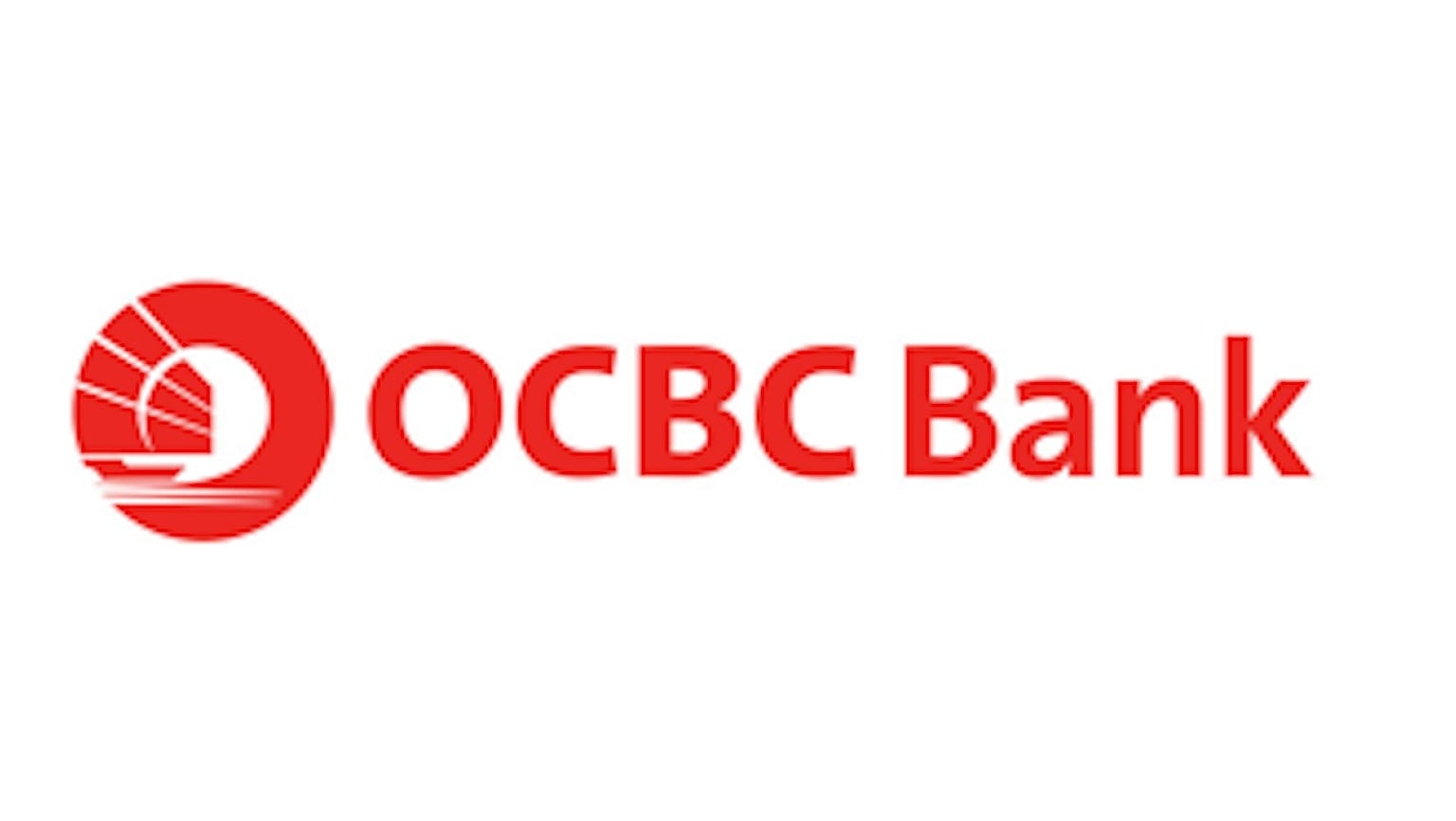
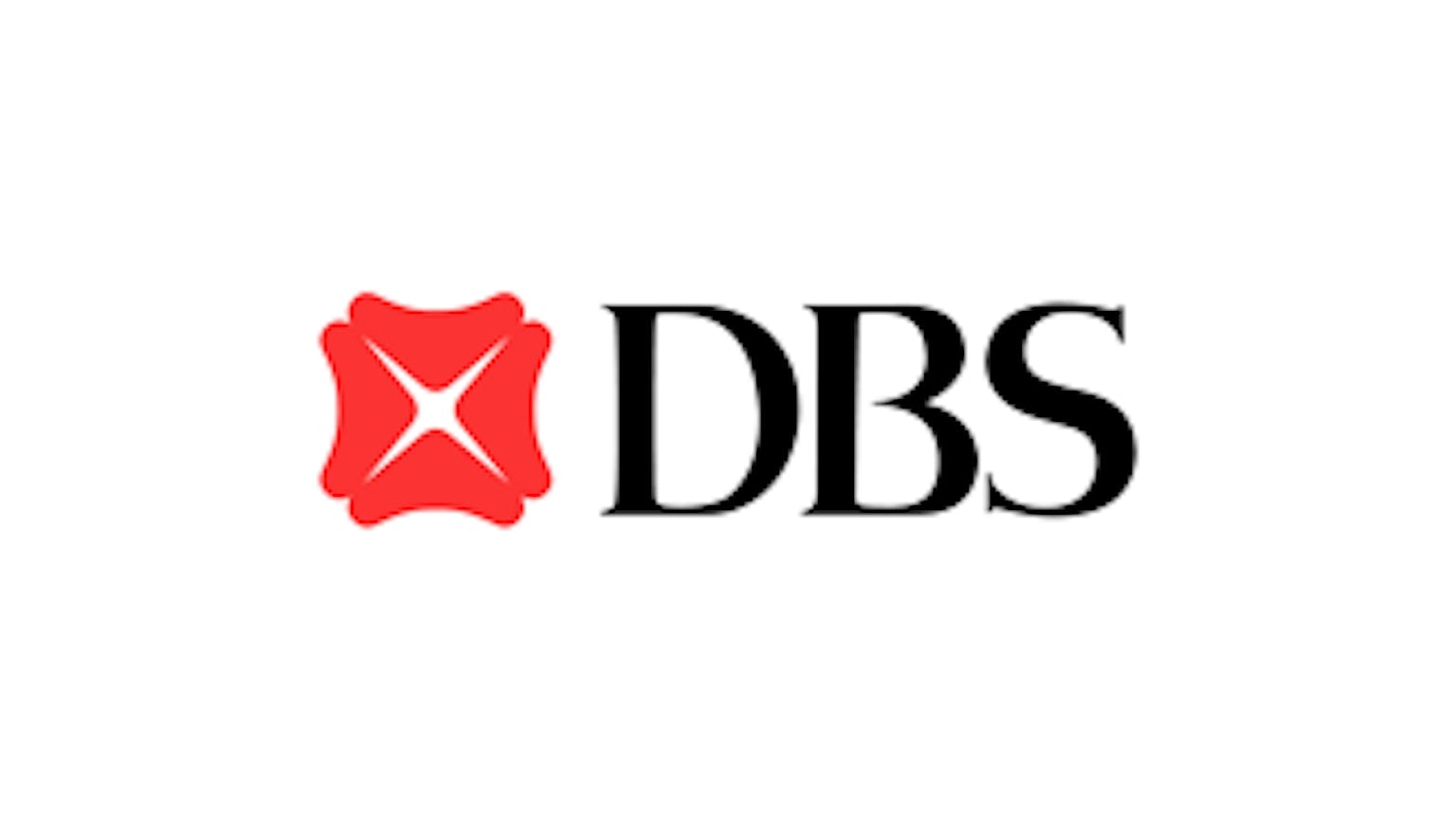

Please leave your knowledge and opinion!